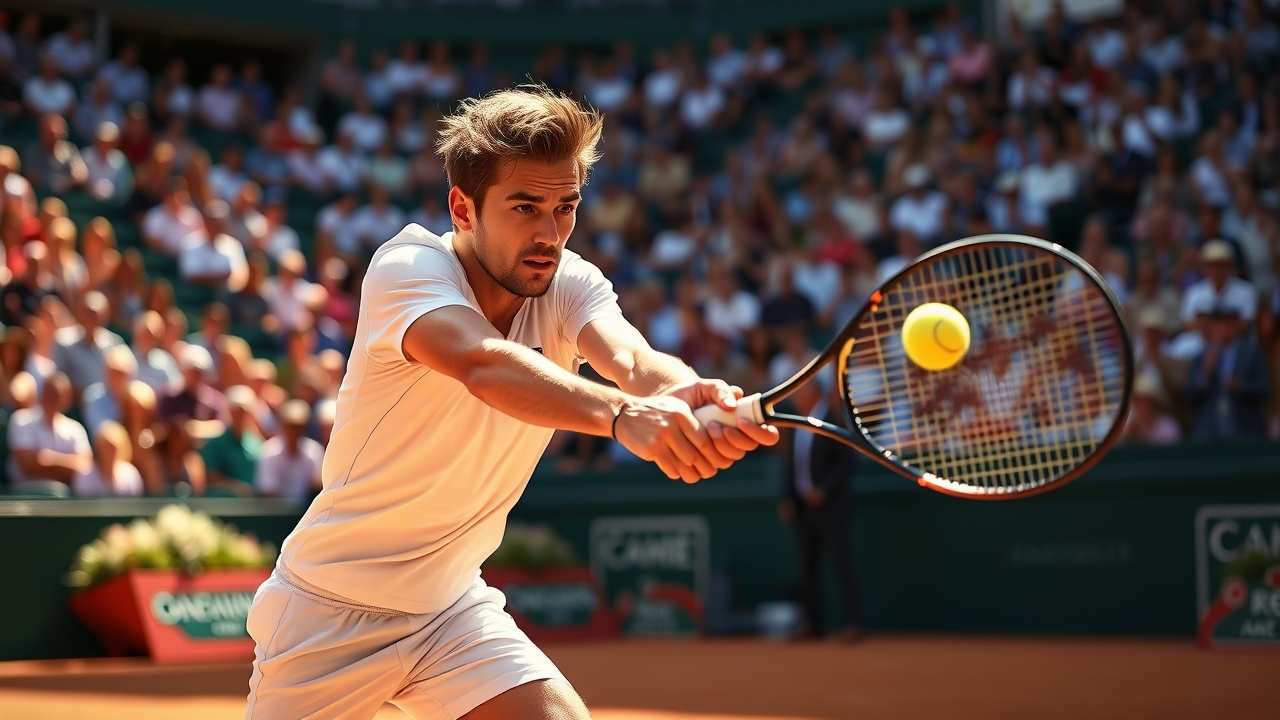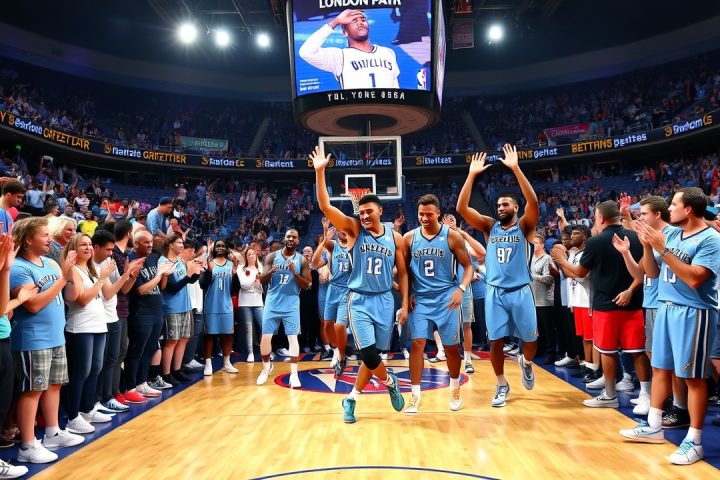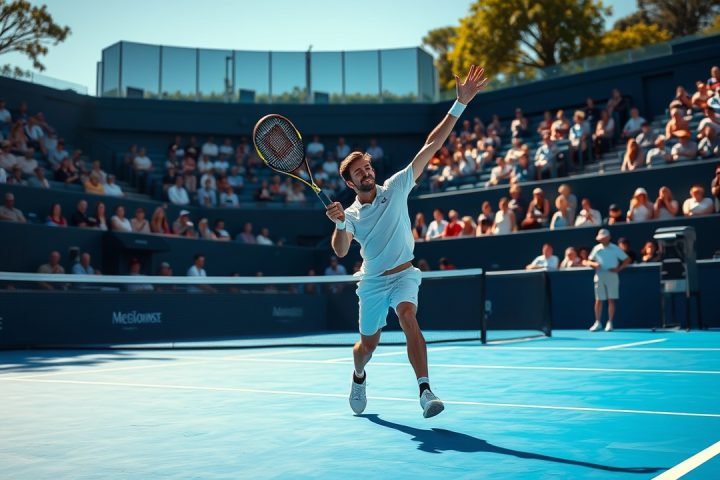Carlos Alcaraz Faces New Challenge
Carlos Alcaraz, the Spanish sensation whose ascent in tennis has been nothing short of meteoric, now faces a new challenge: overcoming his first defeat in a Grand Slam final. Until recently, Alcaraz’s record in major finals stood undefeated at 5-0, but that impressive streak concluded at Wimbledon after a hard-fought match against top-ranked Jannik Sinner, who prevailed with a score of 4-6, 6-4, 6-4, 6-4.
Reflections on Defeat
Losing a match is never an easy pill to swallow, especially a final, and Alcaraz expressed his disappointment candidly:
“It’s always a bad feeling losing matches. It’s a little bit even worse when you lose in a final.”
This setback is uncharted territory for Alcaraz, a player who has seldom faced the agony of defeat throughout his burgeoning career.
Prior to the final, he had not only captured the Wimbledon titles in 2023 and 2024, defeating the legendary Novak Djokovic on both occasions, but he also arrived at the matchup with a career-high winning streak of 24 matches this season. Furthermore, just five weeks prior, he had bested Sinner in an unforgettable five-set clash during the French Open.
Looking Ahead
Reflecting on his performance, Alcaraz aims to retain the joy of his past successes while endeavoring to put this loss behind him.
“I just want to keep the good moments and try to forget the bad moments. I just want to think, ‘OK, I just played a final in a Grand Slam, and try to forget that I lost it.'”
Match Analysis
The match began on a positive note for Alcaraz, as he showcased his skills by winning the first set impressively. His serving included a notable 140 mph ace to secure a crucial hold and a stunning cross-court backhand winner to break Sinner’s serve.
However, as the match progressed, Alcaraz struggled to break through Sinner’s powerful serves and found himself on the defensive. Over the remaining sets, he could only generate three break points, converting none. While his serving speed was commendable—culminating in 15 aces—his inconsistency was apparent with seven double faults and a first-serve percentage of merely 53%. He faced breaks in every set, illustrating difficulties, particularly on his second serve where Sinner expertly capitalized.
Alcaraz admitted that the match’s complexity stemmed primarily from Sinner’s exceptional play.
“He was pushing me to the limit on every point. It’s mentally tough to maintain focus when your opponent is executing such high-level tennis,”
Alcaraz conceded.
“At some points, I didn’t know what I had to do, as I felt he was better than me from the baseline, and I couldn’t counter that.”
Conclusion
Now, as he contemplates his next moves on and off the court, Alcaraz will need to find a way to channel the strength from his past triumphs while carving a path through the newfound challenges that come with defeat at the grandest of stages in tennis.




